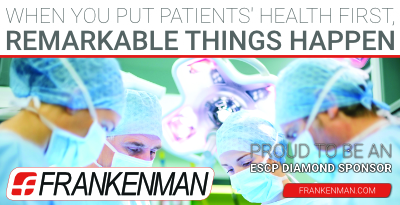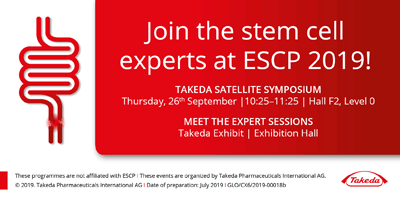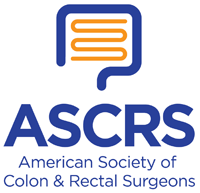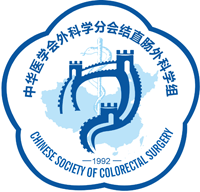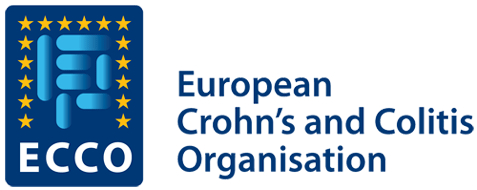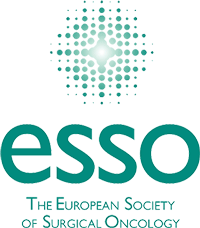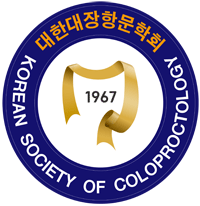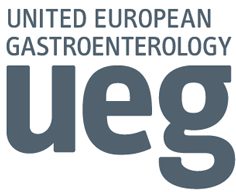Professor Dr Klaus Matzel, Head of Coloproctology at the University of Erlangen-Nürnberg and member of the ESCP Education and Training Committee, will lead the session 'New Technologies - how to become a proficient robotic surgeon' at the upcoming Annual Meeting in Vienna this September.


Minimally invasive access robotic surgery has potential advantages over traditional laparoscopic approach in complex colorectal procedures, including low rectal dissection and intracorporeal anastomosis.
Dr Matzel explains:
"As robotic surgery continues to develop and cement its value, colorectal specialists around the globe must remain ahead of the curve. The state-of-the-art digital systems allow for greater surgical precision through tremor reduction, image magnification and image stability while maintaining as little trauma to patients as possible - which in turn hopefully provides better patient outcomes."
Dr Matzel chairs a session in Vienna, which aims to increase awareness of robotic surgery and the need for dedicated training. He says:
"This is a crucial development in colorectal surgery and training programme, and should be conducted under the roof of a society. Attendees will be able to gain a unique and comprehensive understanding of the robotics field, provided through the staged approach ESCP offers."
Dr Matzel explains that Dr Marcos Gómez Ruiz will also be involved in this session. Dr Gómez Ruiz is an internationally renown expert minimally invasive and robotic surgeon at the Marqués de Valdecilla University Hospital and experienced proctor in robotic surgery, who is the chief investigator for MIRCAST study (Minimally Invasive Right Colectomy Anastomosis Study, an international prospective cohort study endorsed by the ESCP) and also hold a hands-on pre-congress robotic training session in Vienna:
"With the pace of technological change and consequent medical breakthroughs continuing to increase, specialists must undertake the regular and necessary training to further develop their skills and knowledge. This robotic training session provides a fantastic opportunity to gain hands-on experience in small groups with advanced equipment; something which is often restricted due to cost."
The training sessions will be attended by a maximum of twelve people on Tuesday and eight people on Wednesday, split into groups of four to ensure participants get the opportunity to spend an appropriate amount of time utilising the equipment.
Referred to as the "first step" in building a "full training pathway" by Dr Gómez Ruiz, the training sessions will be practice orientated, aimed at enhancing the knowledge and interest of attendees. Both sessions will be fully open for anyone wishing to attend, however ESCP members will receive a discounted entry free.
New technologies - how to become a proficient robotic surgeon
Date: Wednesday 25th September 2019
Venue: Austria Centre: Plenary Hall A
Time: 17:05-18:30
Robotic hands-on training sessions
Dates: Tuesday 24 and Wednesday 25 September 2019
Venue: Zentrum für Biomedizinische Forschung - Medizinische Universität Wien
Time: 08:15 - 17:15
New Trials Forum: MIRCAST Study and RESET Trial
Date: Thursday 26 September 2019
Time: 07:45 – 09:15
Investigators Meeting: MIRCAST Study and RESET Trial
Date: Thursday 26 September 2019
Time: 10:10-11:25
Click here for more information on the robotic hands-on sessions

